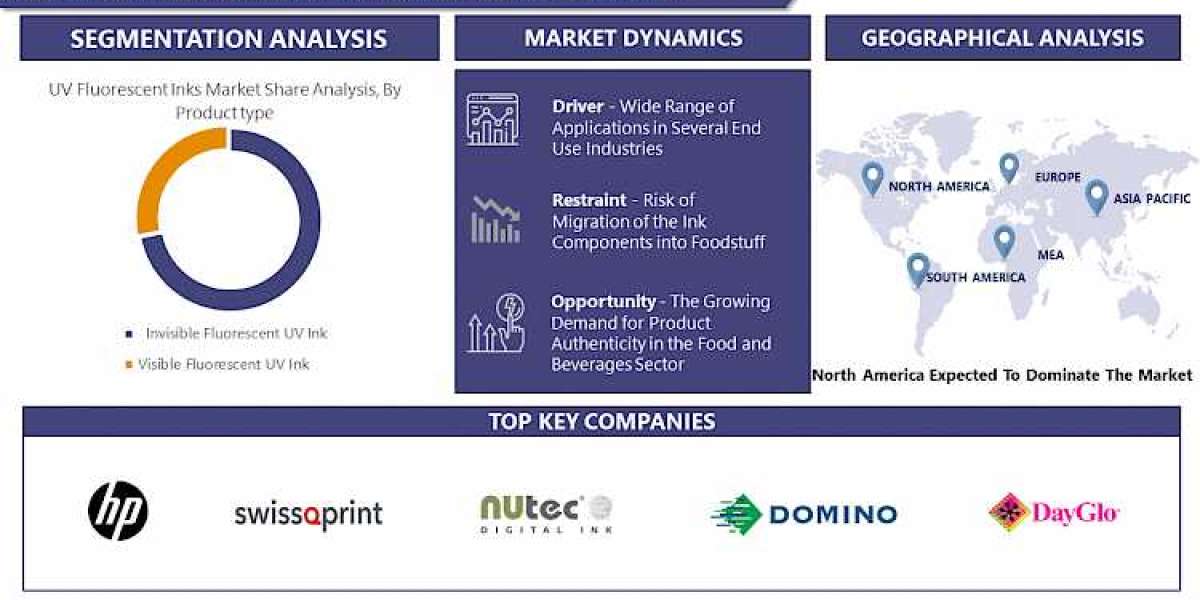The company, which is developing psychedelic clinics and therapies in the UK, bought the rights to the trial led by Professor Celia Morgan, head of Awakn’s ketamine-assisted therapy for addiction and professor of psychopharmacology at the University of Exeter.
“We found that low, controlled doses of ketamine combined with psychological therapy can significantly increase withdrawal rates following treatment. This is very encouraging, as normally three out of four people return to heavy drinking within twelve months of treatment,” Morgan said.
Related Content: Reasons Why Ketamine Use In Therapy Is Now A Thing
The results, published in the American Journal of Psychiatry, showed a positive result: before the study, patients achieved a 2% increase in abstinence. After the study, the abstinence level was 86%.
The study
The placebo study involved 96 patients with severe alcohol use disorder, who were divided into different groups.
One group underwent a patented therapy protocol called “Kare” and ketamine doses. Meanwhile, the other group received traditional information about alcohol consumption and a placebo.
Related Content: No 'Indica' or 'Sativa': Why All Marijuana Strains Are Hybrids
Ketamine combined with the patented therapy resulted in total abstinence in 162 of the 180 days of the following 6-month period, achieving an 86% increase in abstinence. Results from relapse into alcohol at 6 months showed that the group that received ketamine plus Kare therapy had a 2.7-fold lower risk of relapse than the group that received placebo and information about the risks of alcohol consumption.
“Alcohol use disorder is a public health problem that affects at least 390 million people worldwide. Treatment rates are low and relapse rates after treatment tend to be high. We urgently need new and more effective treatments,” Morgan said.
In addition, Morgan identified other significant outcomes such as reduced days of heavy drinking.
At six months after the trial, the average number of days of binge drinking was 12 in the ketamine group. Patients in this cohort also had a significant decrease in the risk of mortality. While 1 in 8 patients would have died in the next 12 months without treatment, that figure dropped to 1 in 80, the company reported.








